
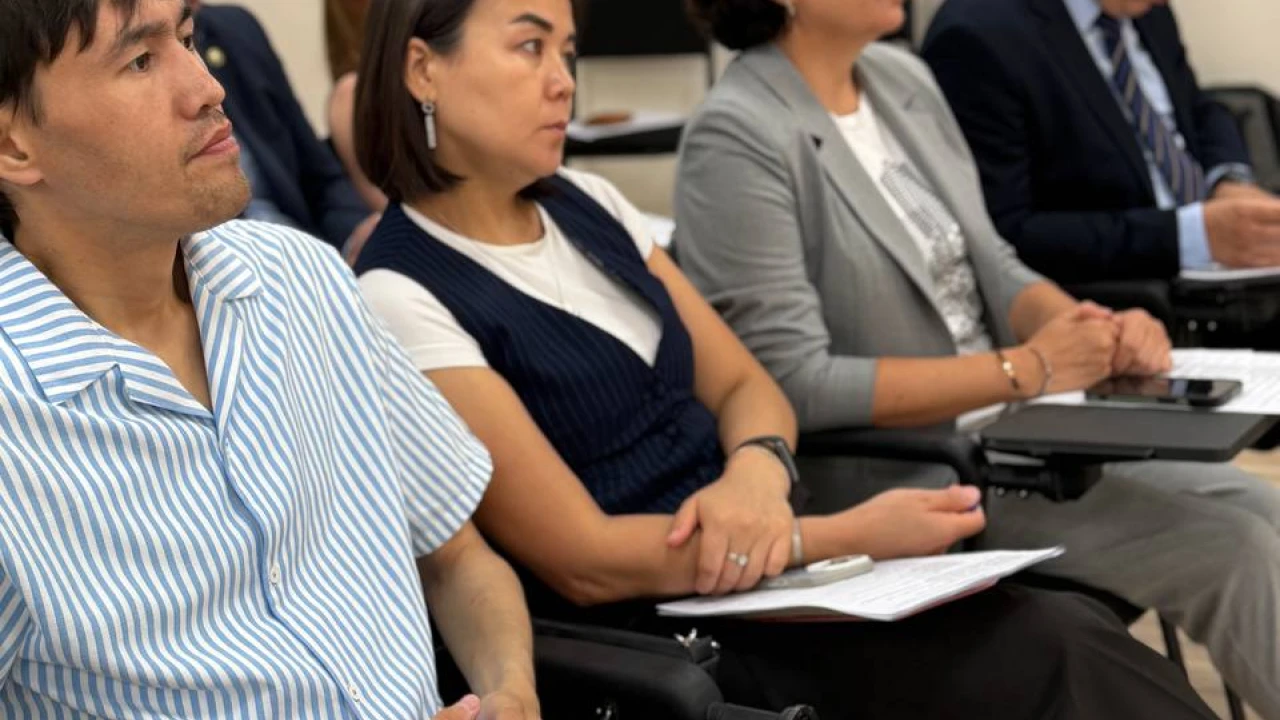
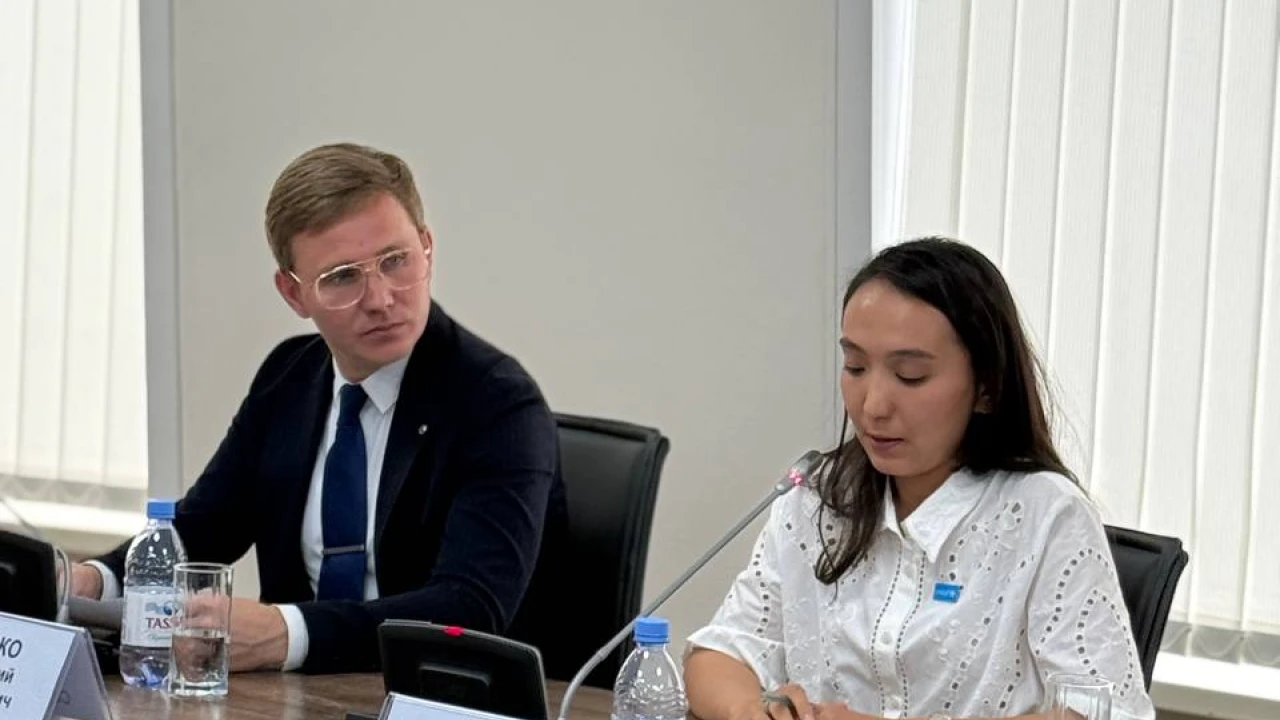
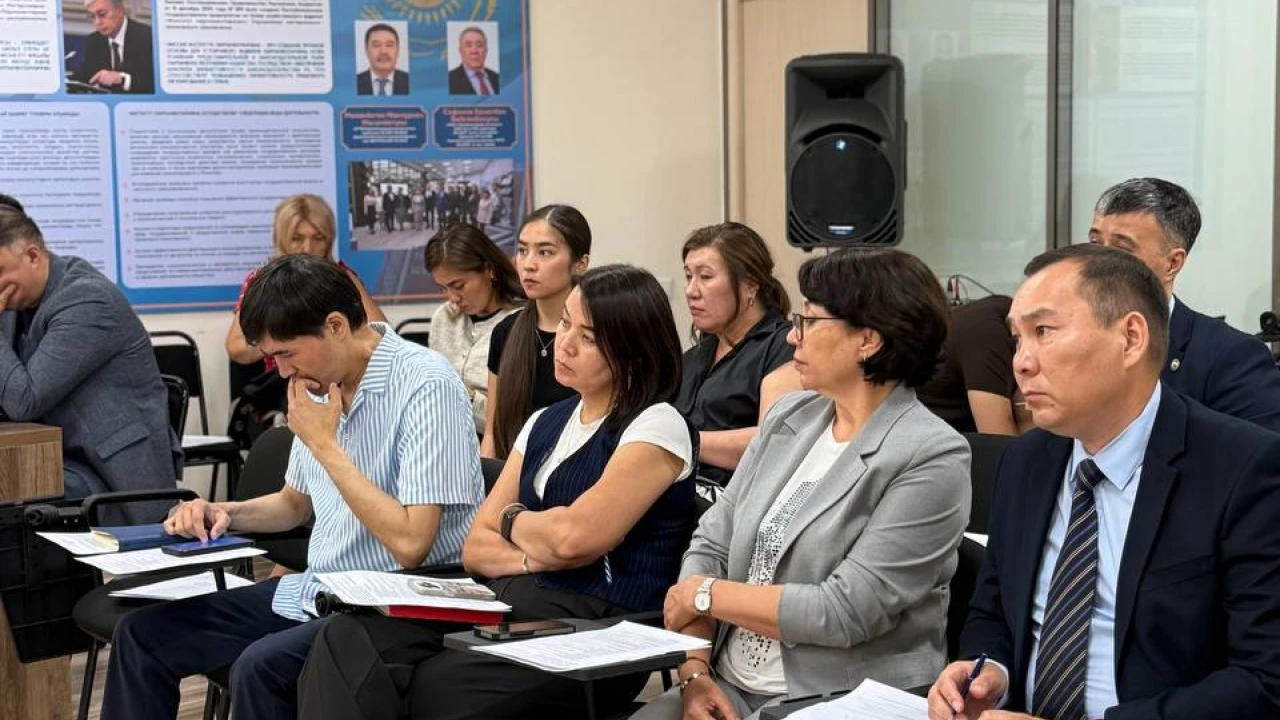
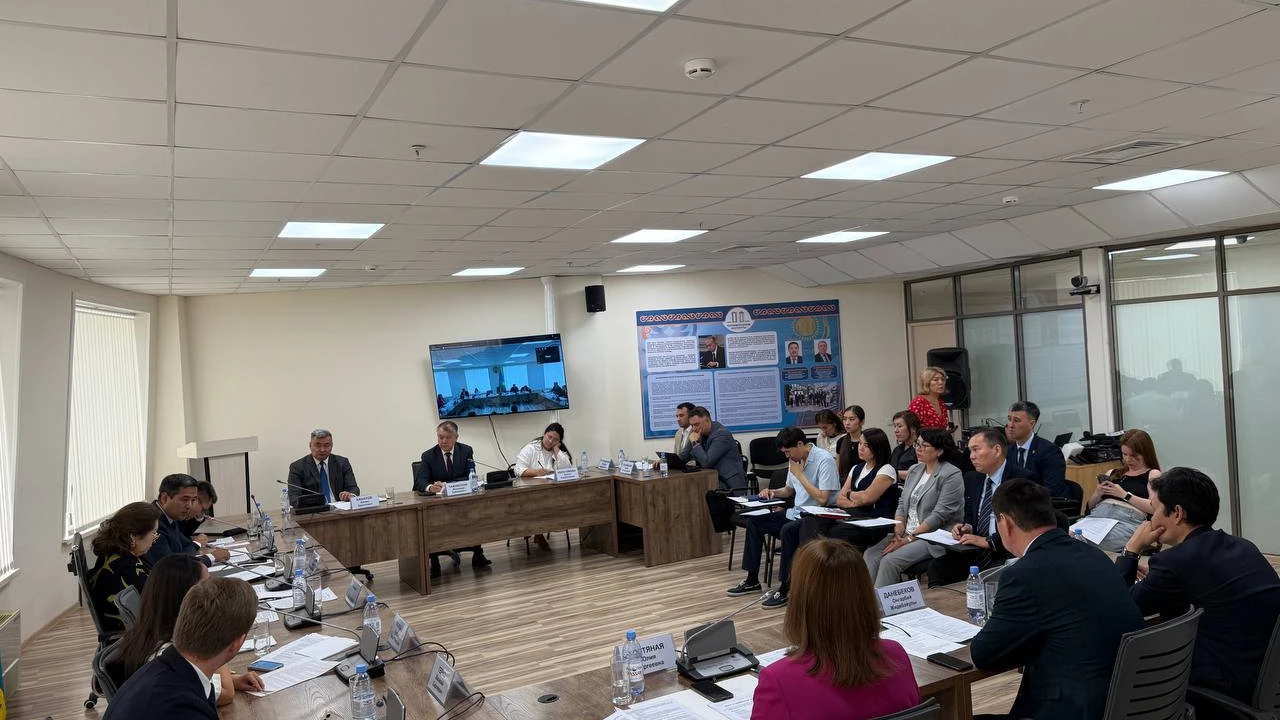

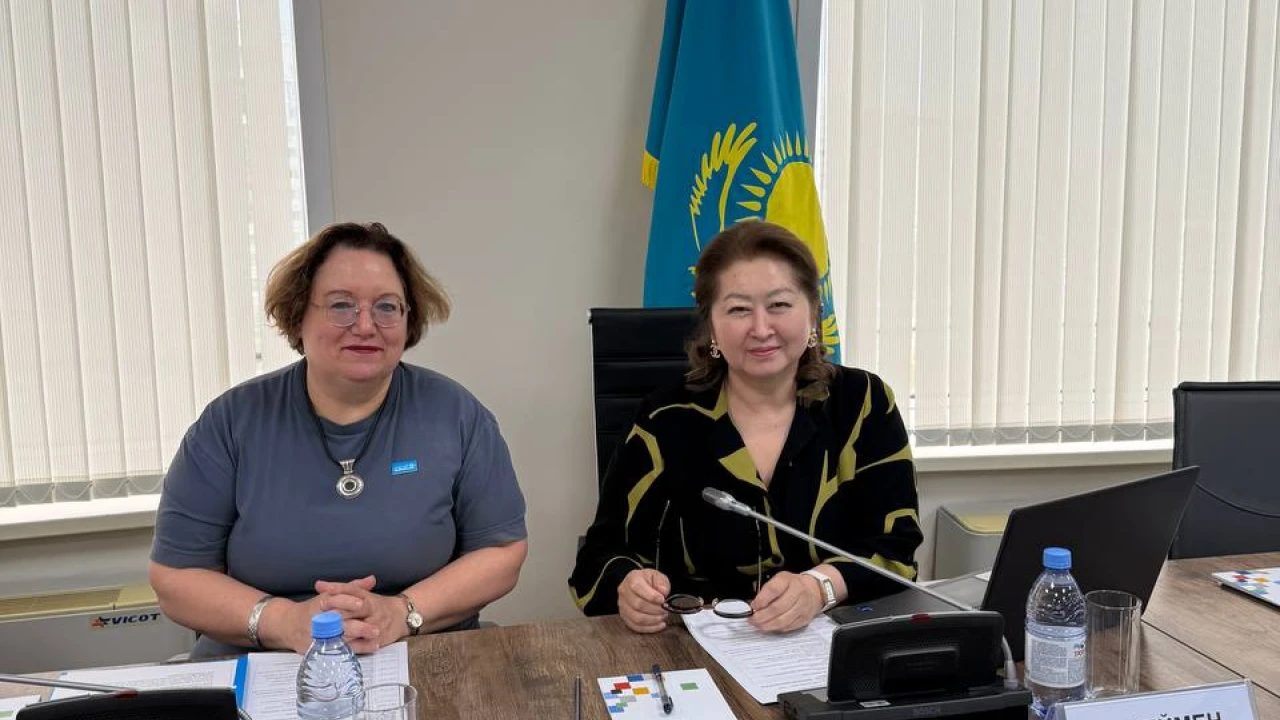

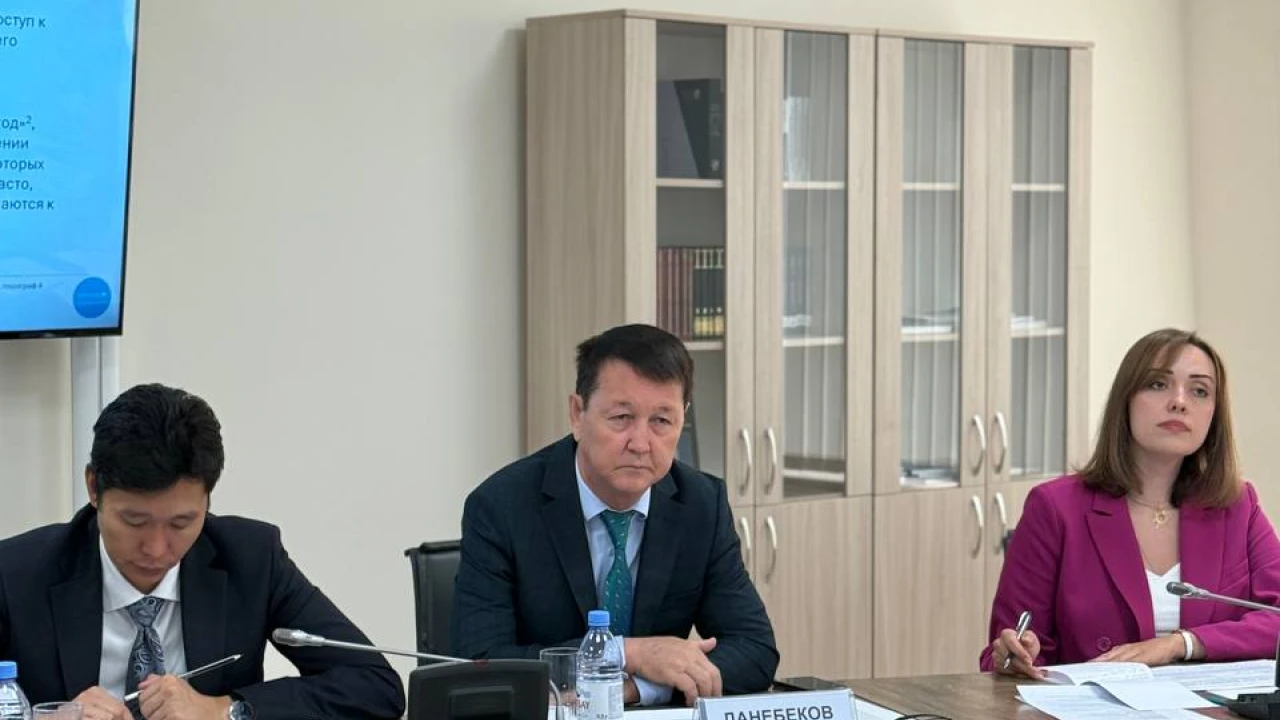
In Kazakhstan, children are increasingly facing threats on the Internet: cyberbullying, unwanted contacts with adults, and the dissemination of intimate content. Such conclusions are contained in a KazKidsOnline study conducted by UNICEF. Almost half of Kazakhstani children access the Internet for the first time between the ages of 5 and 8, and another third — before the age of 12.
These and other disturbing data became the basis for discussion at the round table on digital child safety, which was held on July 25 at the Institute of Parliamentarism under the UDP of the Republic of Kazakhstan. Representatives of government agencies, international organizations, IT companies, as well as educators, psychologists, and human rights activists took part in the dialogue.
"Digital security is not just an IT issue. This is a matter of the national strategy for child protection," said Lyazzat Suleimenov, Deputy Director of the Institute of Parliamentarism. — "Updating legislation is important, but it is equally important to build interaction between the family, the school, the state and the child himself as an active participant in the digital age."
The Commissioner for Children's Rights, Dinara Zakiev, and the Deputy Representative of UNICEF in Kazakhstan, Letizia Bazzi-Vale, addressed the participants with a welcoming speech. During the plenary session, topics such as cyber hygiene, personal data protection, the psychological health of children in a digital environment, as well as international digital security practices were discussed.
According to a KazKidsOnline study conducted by UNICEF, 46% of children in Kazakhstan go online for the first time between the ages of 5 and 8, and another third between the ages of 9 and 12. About 40% use the Internet daily for educational purposes. At the same time, 21% of respondents reported cases of cyberbullying, 15% regularly encounter content that causes anxiety or psychological discomfort, 7% received images or videos of a sexual nature, and 10% engaged in online communication with adult strangers. Also, 3% of children received intimate offers in exchange for money or gifts, and 21% did not inform anyone about their intention to meet the person they met online.
Among the participants of the round table are public figure Aruzhan Sain, IT expert Asset Ordabaev (Kaspersky Lab), Director of the representative office of JSC NIT Vasily Gerko, representative of the Ministry of Internal Affairs of the Republic of Kazakhstan Aslan Uskembayev, UNICEF specialist Kundyz Turabai, Director General of the Bobek Center Kasenova Gulnara, as well as psychologists and educators.
In his speech, Vasily Gerko, Director of the Representative Office of NIT JSC in Astana, recalled that at the National Kurultai, the President of the country identified five key threats facing society: ludomania, drug addiction, criminalization of adolescents, information attacks and loss of moral guidance, noting that children in this context are the most vulnerable category of the population.
Following the discussion, the participants emphasized the need for systematic interagency cooperation, strengthening educational work with parents and children, as well as developing legislative and educational initiatives aimed at creating a safe and ethical digital environment for the younger generation.



